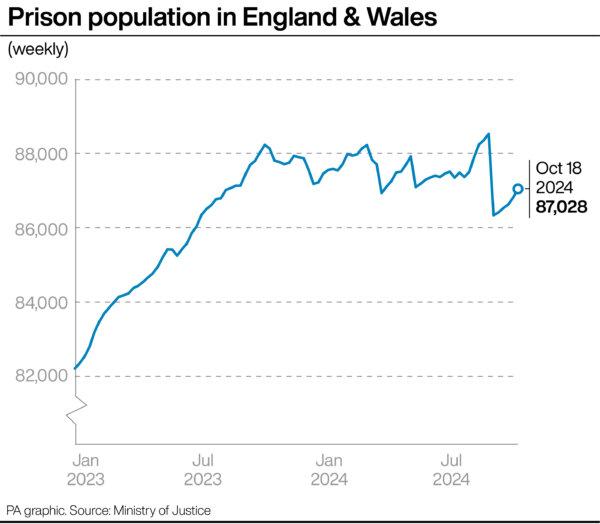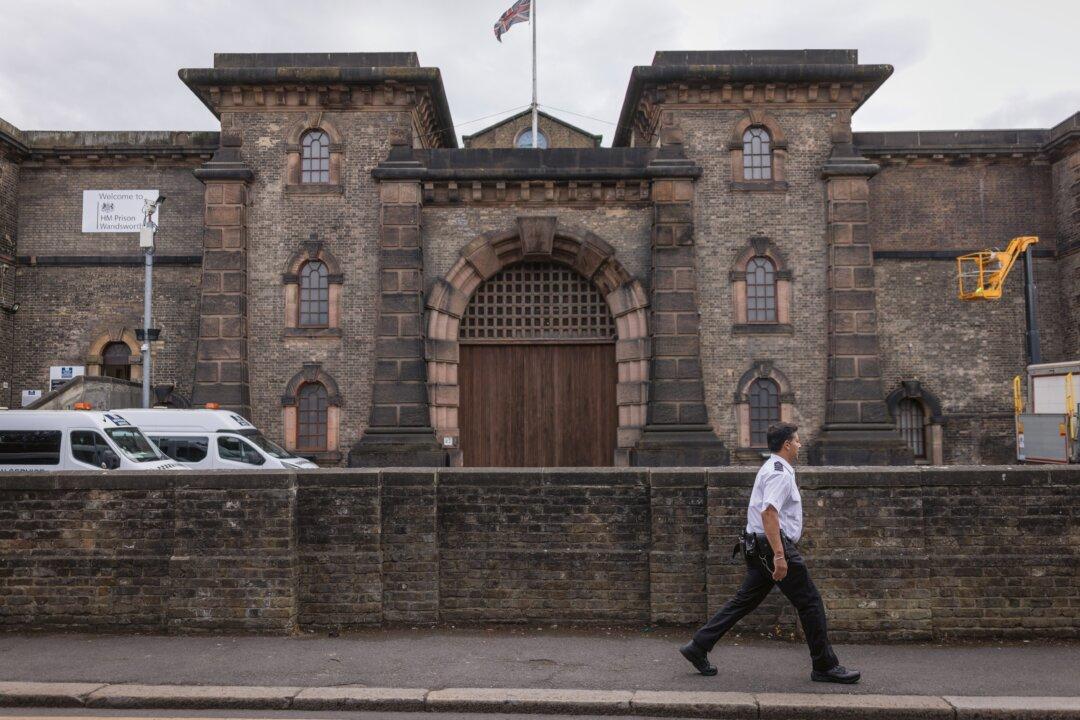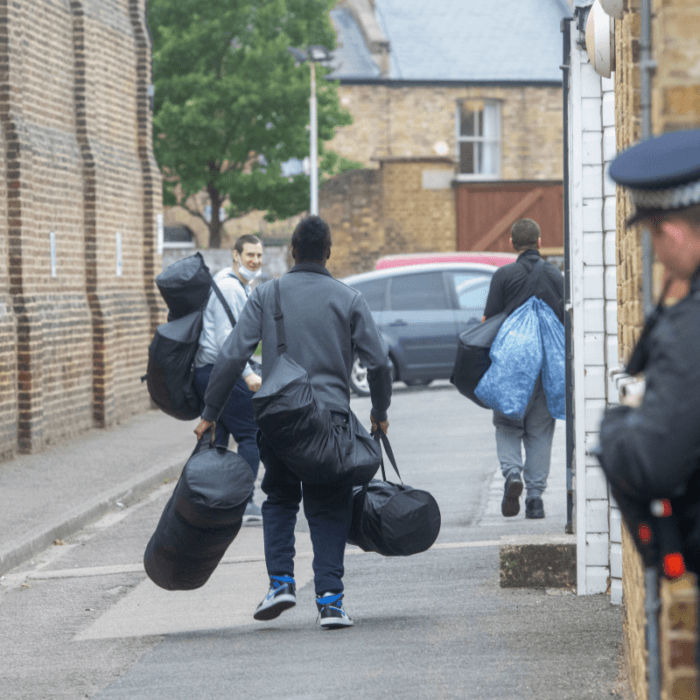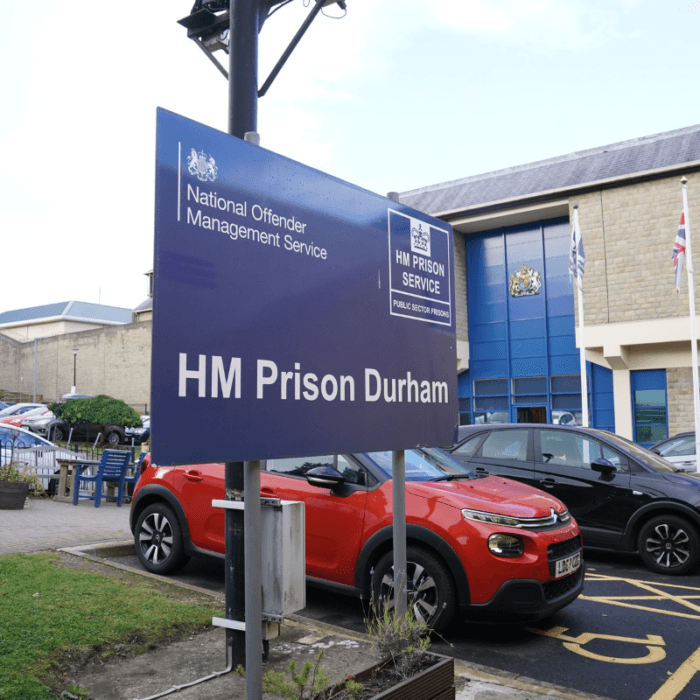Some 1,100 more prisoners are going to be released early on Tuesday, as part of the government’s plan to ease overcrowding in prisons in England and Wales.
The decision was made after the Ministry of Justice (MoJ) said that overcrowding has pushed jails to the “point of collapse.”
Prison populations hit a record high of 88,521 on Sept. 6, days ahead of the first wave of releases. The latest prison figures put the population at 87,028.
Released by Mistake
The government had promised that those who had committed serious offences, such as violent or terror offences, would be excluded from the scheme.Taylor said this was in part owing to the pressures that releasing so many prisoners in such a short space of time has on the prisons and probation services, meaning some former inmates would fall between the cracks and not get the right support they need to reintegrate into the community.
Around 1,000 prisoners are released every week, and adding an additional 1,000-plus in a single day as part of the government’s scheme could put added pressure on probation services.
Magistrates’ Sentencing Powers Increased
Last week, Mahmood announced that from Nov. 18, magistrates’ sentencing powers will be increased in a bid to cut the court backlog and ease overcrowding in reception jails, with the remand population at a record 17,000.The justice secretary said on Thursday that magistrates will be able to hand down sentences of up to one year, which is twice the length that they are currently permitted to hand out.
This will allow magistrates to try more serious crimes rather than having to refer them to crown courts, which in turn would free up 2,000 days of crown court sitting time, allowing them to deal with their backlogs.
Mahmood said the plans would mean a reduction in the number of people being held on remand, but admitted that it would result in a “slight increase in the overall prison population.”

The secretary of state told the House of Commons: “Unless we address our remand population, we could still see a collapse of the system, not because of a lack of cells, but because we do not have those cells in the places we need them. It is therefore crucial that we bear down on the remand population.”
‘Knee-Jerk Reaction’
However, the Criminal Bar Association (CBA) said that the changes in powers will “simply make things worse.”CBA Chairwoman Mary Prior, KC said: “This is a knee-jerk reaction, done without consulting, once again, the criminal barristers or solicitors who deal every day with these cases. The government must stop simply tinkering around the edges of a system in the midst of collapse.
“We had hoped that a new government would be a new start. There is still time for this government to stop headline grabbing policies and begin the vitally important process of rescuing the criminal justice system.”







